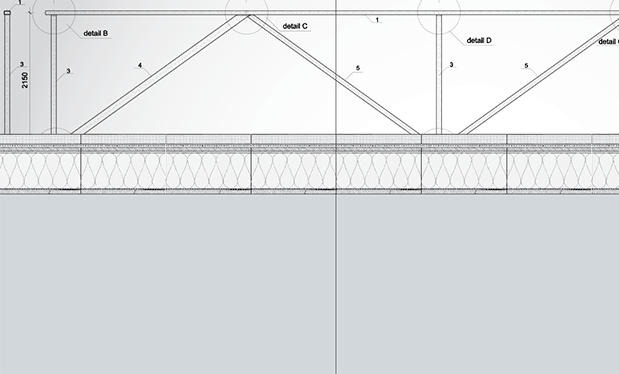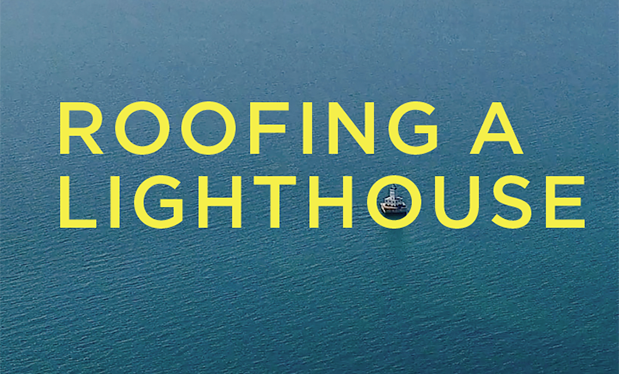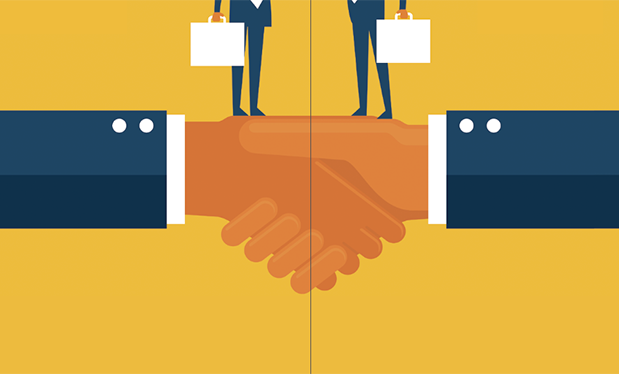
I would like to think you are reading this column (and the entire magazine) while leisurely sitting in your office or at home on your couch without distraction, the TV off and your phone turned to silent. But I know better because I don’t do anything without somehow concurrently accomplishing another task. And according to a recent article in The Wall Street Journal, this tendency to “multitask” isn’t something to be proud of.
In fact, author Rachel Feintzeig says in the article, “The lies we tell ourselves about multitasking,” the term multitask is a misnomer.
She writes: “Our brains are wired to do just one cognitively demanding thing at a time. ... We tell ourselves we’re multitasking, when what we’re actually doing is task-switching, rapidly shifting from one thing to the next.
“As we toggle, our minds stumble as we try to recall where we were and what we were doing. ... Juggling tasks makes us less creative and more prone to errors; the quality of our work suffers.”
To be more productive and effective, Feintzeig says we counterintuitively need to do less: We should turn off email and phone notifications to avoid being distracted from the task at hand, for example, and consider batching emails so they are delivered only every 15 minutes. And taking time to reflect and clear your head also can help make you more productive and focused whether that means taking a walk (no earbuds or phones allowed) or breaking for five minutes to do something completely unrelated to your current task.
What to do if your to dos are a mile long? First, realize you are no supertasker. David Strayer, a University of Utah professor, told Feintzeig supertaskers are “able to absorb multiple streams of information simultaneously and keep it all straight,” but only about 2.5% of people are capable of this. He says nearly 50% of people think they are (I fall into this category, unfortunately).
Feintzeig writes: “Sometimes, the urgent things on our to-do lists aren’t really the most important. Instead of rushing into action, think about how to better use your limited time and put your focus there.”
AMBIKA PUNIANI REID is editor of Professional Roofing and NRCA’s vice president of communications.



